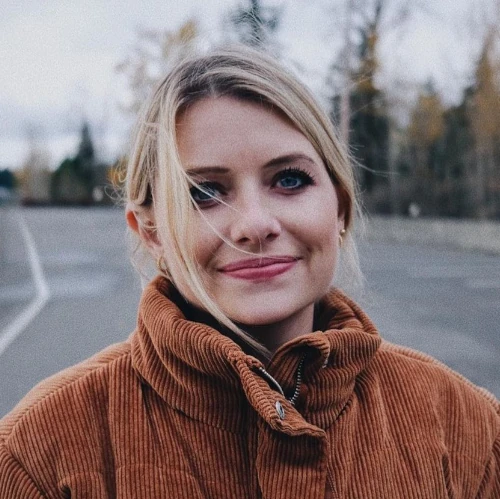Don’t let Ashley Eakin’s sunny smile fool you. Her films about disabled characters are often dark, sometimes twisted, and never predictable. Eakin’s unique storytelling skills earned her a spot in Netflix’s Emerging Filmmaker Initiative. They also make her an ideal guest for the first full episode of Amplitude‘s new video series, “Little Miss Representation.”
Hosted by Melanie Waldman, who is herself an award-winning filmmaker (and an upper-limb amputee), the series offers a deep dive into the cultural and economic trends that are propelling amputees and other disabled filmmakers to unprecedented heights in the entertainment industry. Amplitude has written a lot about this subject, both in print and online. But “Little Miss Representation” lets you hear it straight from the artist’s mouth. It’s a fantastic interview, and we’re incredibly excited to share it.
Eakin, who has a congenital limb difference, is in a perfect position to explain why stories about disability are gaining so much attention these days. She’s been pushing the envelope in that regard since her 2017 debut short, Blue, which offered a painful, provocative glimpse of the interior lives of two young people with congenital disabilities. She followed that up with a pair of SXSW festival hits, Single and Roommates; the acclaimed Netflix short Forgive Us Our Trespasses (2021); an episode of the Disney anthology series Growing Up, featuring dancers with disabilities; and two episodes of Best Foot Forward on Apple TV+.
All of that experience also makes Eakin uniquely qualified to explain why it’s so hard to tell these stories well. Click the link to view the entire interview. And if there’s an amputee performer, filmmaker, or writer you’d like to hear from, send us an email and tell us who you’d like us to feature in future episodes of “Little Miss Representation.”
